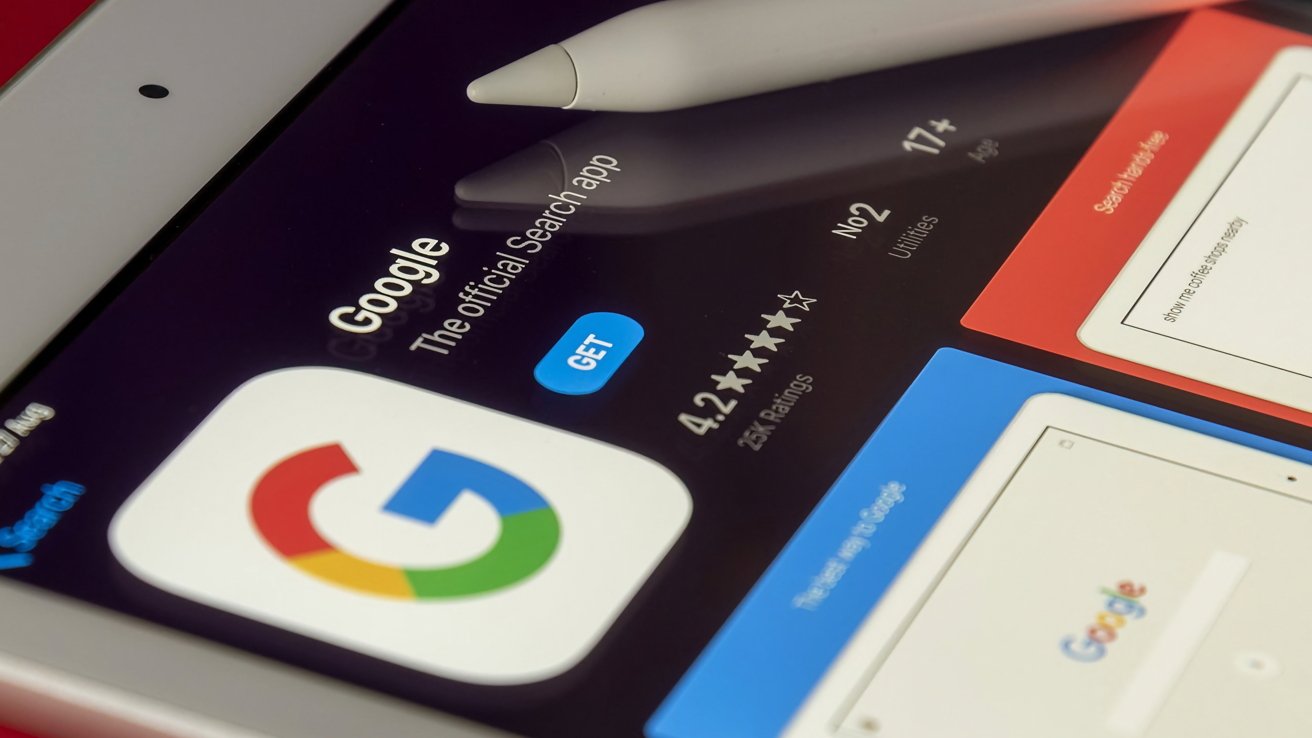The Department of Justice is seeking to break Google into several parts to solve its search monopoly, with the company divesting itself of Android and Chrome as a possible solution.
Having accused Google of knowingly breaking antitrust laws, and persuaded a judge that it is a monopoly, the Department of Justice has been outlining possible next steps. As expected, this does now include how Google may have to be broken up.
The steps under consideration have been presented in a filing ahead of a court case in 2025. Google’s vice president of regulatory affairs, Lee-Anne Mulholland, says that the DOJ is overreaching, and ignoring the potential harm to consumers of its proposals.
“The US Department of Justice (DOJ) today shared a broad outline of radical changes it may demand as part of its lawsuit over how we distribute Search,” wrote Mulholland in a blog post. “This is the start of a long process and we will respond in detail to the DOJ’s ultimate proposals as we make our case in court next year… however, we are concerned the DOJ is already signaling requests that go far beyond the specific legal issues in this case.”
As outlined by Mulholland, the DOJ proposals center on:
- Splitting off Chrome or Android
- Forcing Google to share search queries with competitors
- Hampering Google’s AI tools
- Restricting how Google promotes its search
- Changing the online advertising market
“We believe that today’s blueprint goes well beyond the legal scope of the Court’s decision about Search distribution contracts,” continues Mulholland. “Government overreach in a fast-moving industry may have negative unintended consequences for American innovation and America’s consumers.”
As yet, Google offers little detail on its responses to the DOJ, particularly over what exactly hampering its AI tools means, or what form the changes to the advertising market might be.
However, it is adamant that splitting off Chrome or Android “would break them — and many other things.” Saying that Google has invested billions of dollars in both of these, Mulholland points out that it offers them for free.
“Few companies would have the ability or incentive to keep them open source, or to invest in them at the same level we do,” she says. “Make no mistake: Breaking them off would change their business models, raise the cost of devices, and undermine Android and Google Play in their robust competition with Apple’s iPhone and App Store.”
Both the DOJ and Google are due to issue further proposals in November and December 2024. The trial that Google says it looks forward to, is scheduled for April 2025.
Separately, the DOJ is also suing Apple over alleged antitrust issues. That trial is not expected to start until late 2026.





